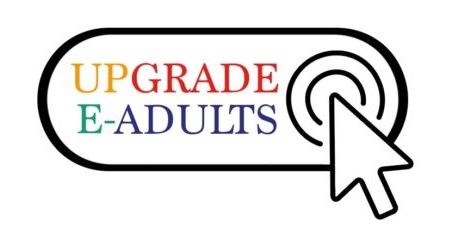
A tool to find the truth
Introduction
In last month’s article, we talked about Fake News and how to fight them in general. This month I want to look closer at fact-checking websites as a tool to find out the truth. I will describe what they are and present some examples.
Fact-checking
Fact-checking websites are normally independent and non-partisan and present facts in a mostly unbiased way. Different sites might focus on different topic or have a slightly political orientation but they all found their work on reliable facts.
Examples
- Snopes
While most of the fact-checking sites are specific to politics, let’s start with the oldest site online: Snopes, which has been fact-checking weird stories since before Google had a search engine. They have a long record of being unbiased, showing their work, and keeping up the irreverent tone that true internet nerds love. They’re also great for everything from urban myths to political statements to fact-checking your uncle’s latest conspiracy theory Facebook post. They also write on their “About” page that “No single source, no matter how reliable, is infallible.” It’s a statement that shows humility and is true. No one is right 100 percent of the time and a fact-checking organization that publicly recognizes that is one to trust.
- FactCheck.org
If you want to fact-check the thing politicians say, then you should look on FactCheck.org. The site is a non-partisan “‘consumer advocate’ for voters” that monitors and checks the things people in politics say in “TV ads, debates, speeches, interviews, and news releases.” Their homepage is an accessible feed scroll with clear titles and synopsis about current issues and the ability to learn more by clicking on the title. You can also search for specific topics if the fact you’re checking isn’t a current issue.
- Politifact
Politifact is another great possibility for fact-checking politicians, political statements, statements about politics, etc. In addition to reporting the truth, they also have a great design that helps guide users through the type of post they’re fact-checking: Facebook posts, IG posts, tweets, or from the politician’s mouth.
- Eufactcheck
Eufactcheck is an initiative of the European Journalism Training Association (EJTA) to fight misinformation about European policies and topics. Journalism students from all over Europe fact-check claims made by politicians and others and rate them. Their focus is not to debunk fake news or disinformation but to give correct information to the reader.
- Full Fact
Full Fact fights bad information in different ways. First, they fact-check claims made by politicians, public institutions, and journalists, as well as viral content online. Further on they follow up on their fact checks. By asking people to correct the record when they get things wrong, the spread of bad information can be stoped and reduced. They are also developing world-leading technology and new research to spot repeated claims and find out how bad information can be tackled at a global scale.
National Fact-checking websites
To get the facts about discussions and topics in your own country and language check out this list of national fact-checking websites on Wikipedia.
https://en.wikipedia.org/wiki/List_of_fact-checking_websites
Based on:
https://blog.avast.com/best-websites-for-fact-checking-avast
